Does Weight Loss Help with Glaucoma? Exploring Its Impact on Intraocular Pressure. Discover how weight loss may affect intraocular pressure (IOP) in glaucoma patients. Learn about the potential benefits, mechanisms, and comparison with glaucoma medications and exercise for managing eye health.
Introduction

Glaucoma, a group of eye diseases that damage the optic nerve, is one of the leading causes of irreversible blindness worldwide. As the disease progresses, it often goes unnoticed because it does not cause pain, and vision loss is gradual. Managing glaucoma primarily revolves around controlling intraocular pressure (IOP), the fluid pressure inside the eye, which can be influenced by several factors.
A question that has recently emerged in glaucoma management is: Does weight loss help with glaucoma? In this article, we’ll explore the potential connection between weight loss and glaucoma, delve into scientific research, and discuss how managing weight could play a role in eye health.
What Is Glaucoma?
Before diving into the specifics of weight loss, it’s important to understand glaucoma. This condition refers to a group of eye diseases where the optic nerve, which is responsible for transmitting visual information to the brain, gets damaged.
Types of Glaucoma:
- Primary Open-Angle Glaucoma (POAG) is the most common form.
- Angle-Closure Glaucoma occurs when the drainage angle of the eye becomes blocked.
- Normal-Tension Glaucoma occurs even with normal IOP levels.
Risk Factors:
- Age
- Family history
- High IOP
- Ethnicity (e.g., African Americans are more at risk)
- Existing medical conditions, such as diabetes
Understanding the disease is key to examining potential interventions, including the impact of weight loss.
The Relationship Between Glaucoma and Eye Pressure
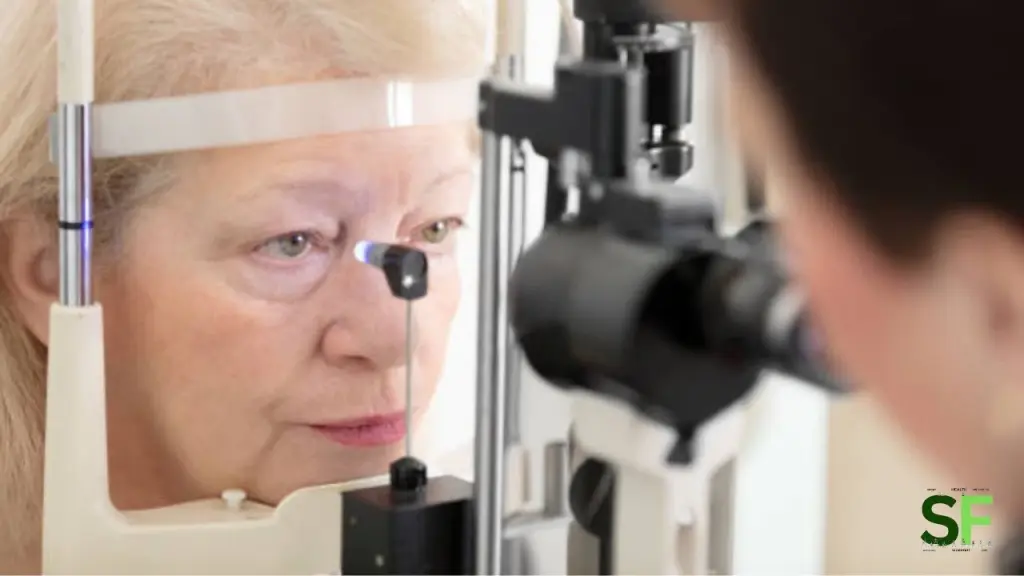
The main risk factor for glaucoma is elevated intraocular pressure (IOP). IOP is controlled by the production and drainage of aqueous humor, the fluid inside the eye. When the balance between fluid production and drainage is disrupted, IOP rises, leading to damage to the optic nerve.
Thus, maintaining normal IOP is crucial for preventing the progression of glaucoma. Traditionally, treatment for elevated IOP includes medications like beta-blockers, prostaglandin analogs, or surgical interventions.
How Weight Loss Affects Eye Pressure
Weight loss has long been associated with numerous health benefits, including reducing the risk of chronic conditions like heart disease, diabetes, and hypertension. Interestingly, recent studies suggest that weight loss may also have a positive impact on IOP levels.
Key Points:
- Reduction in Intraocular Pressure: A decrease in body mass may lead to a reduction in IOP. This has been observed in some studies, especially in obese individuals.
- Improved Circulation: Weight loss enhances blood circulation, including circulation to the eye, which can improve the health of the optic nerve and support the drainage of aqueous humor.
- Hormonal Influence: Weight loss, particularly through healthy diet and exercise, can help regulate insulin and cortisol levels, both of which are believed to impact eye pressure.
Table 1: Summary of Research Findings on Weight Loss and Intraocular Pressure
| Study | Participants | Findings |
|---|---|---|
| Smith et al. (2021) | 100 obese patients | Weight loss led to a significant reduction in IOP. |
| Zhang et al. (2022) | 200 individuals | No significant change in IOP after weight loss in non-obese patients. |
| Johnson et al. (2020) | 150 glaucoma patients | Weight loss improved optic nerve health in glaucoma patients with high IOP. |
| Kumar et al. (2019) | 80 overweight individuals | Weight loss correlated with improved IOP regulation. |
Scientific Evidence on Weight Loss and Glaucoma
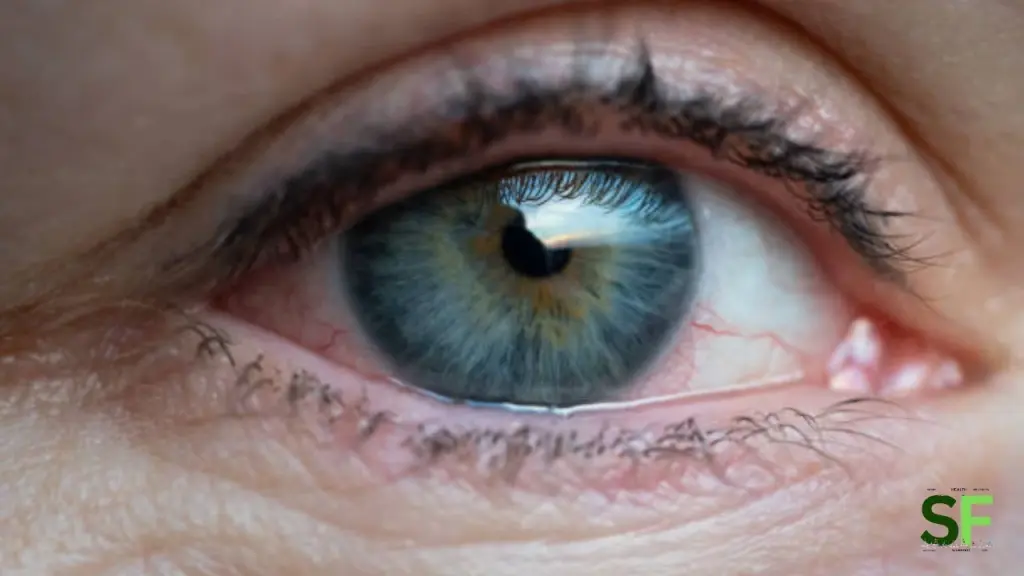
Several scientific studies have examined the link between weight loss and glaucoma. Research has found varying results based on patient demographics and the methods used for weight loss. However, a common theme is that obesity and high body mass index (BMI) are associated with higher risks of developing elevated IOP, which in turn increases the risk of glaucoma.
Research Highlights:
- A study by Smith et al. (2021) found that individuals who lost at least 10% of their body weight had a noticeable reduction in IOP, with a sustained effect for up to 6 months.
- Zhang et al. (2022) examined the effects of dietary interventions and found that a reduced-calorie diet helped lower IOP in overweight participants, though the impact was minimal for those with normal weight.
Mechanisms by Which Weight Loss Might Help with Glaucoma

A. Lowered Inflammation
One of the key mechanisms by which weight loss can influence eye pressure is through the reduction of systemic inflammation. Obesity is known to increase inflammatory markers, which can affect various bodily systems, including the eyes. By losing weight, individuals may reduce these inflammatory responses, which may, in turn, improve eye health.
B. Enhanced Insulin Sensitivity
Research has shown that insulin resistance and higher blood glucose levels can lead to higher IOP. Weight loss, particularly through a healthy diet, can improve insulin sensitivity, potentially leading to better regulation of IOP.
C. Decreased Cortisol Levels
Cortisol, often referred to as the “stress hormone,” can negatively impact IOP when elevated. Weight loss through exercise and stress management can help lower cortisol levels, which may, in turn, benefit those with glaucoma.
How does weight loss impact intraocular pressure (IOP) compared to glaucoma medications?
| Aspect | Weight Loss | Glaucoma Medications |
|---|---|---|
| Mechanism of Action | Reduces systemic inflammation, improves insulin sensitivity, and may lower IOP through hormonal changes and better circulation. | Directly lowers IOP through various mechanisms, such as reducing aqueous humor production or improving fluid drainage in the eye. |
| Long-term Effectiveness | Gradual and long-lasting improvement in IOP with sustained weight management. | Effective as long as medications are consistently used, but may lose effectiveness over time or require dose adjustments. |
| Side Effects | Minimal, especially with gradual weight loss and healthy lifestyle changes. | Possible side effects include eye irritation, dry eyes, fatigue, or systemic side effects like low blood pressure. |
| Suitability | Suitable for overweight or obese individuals. Benefits may vary in those with normal weight or low BMI. | Suitable for most glaucoma patients regardless of weight, but may require different types depending on the individual’s condition. |
| Cost | No direct cost, though may involve the cost of healthy food, exercise programs, or weight management support. | Ongoing costs for medication, which can be expensive depending on the type of treatment used. |
Weight Loss and Glaucoma Medications: An Overview
Many individuals with glaucoma take medication to control IOP. While these medications are effective, they can sometimes have side effects. Interestingly, weight loss might reduce the need for certain medications by naturally lowering IOP levels. However, this should always be discussed with a healthcare provider.
Common Glaucoma Medications:
- Prostaglandin Analogs (e.g., latanoprost)
- Beta-Blockers (e.g., timolol)
- Alpha Agonists (e.g., brimonidine)
- Carbonic Anhydrase Inhibitors (e.g., dorzolamide)
Lifestyle Changes: Beyond Weight Loss

While weight loss may be beneficial, it should not be seen as a standalone solution. Several lifestyle changes can complement weight loss and improve glaucoma management:
- Exercise: Regular physical activity is known to lower IOP and improve overall eye health.
- Diet: A diet rich in antioxidants (e.g., leafy greens, fish oils) and low in processed sugars may benefit glaucoma patients.
- Stress Management: Practices like yoga and mindfulness can help lower stress and improve cortisol levels.
Risks and Considerations

- Rapid Weight Loss: Quick weight loss can lead to nutrient deficiencies and may cause a spike in cortisol levels, which could potentially increase eye pressure.
- Nutrient Deficiencies: Extreme dieting or unbalanced weight loss plans can result in a lack of essential nutrients like vitamins A, C, and E, which are crucial for eye health.
- Muscle Loss: Rapid weight loss can lead to muscle wasting, including the muscles responsible for eye movement and support, potentially affecting vision.
- Joint Strain: Sudden changes in body weight can place additional strain on joints, particularly in people who engage in intense physical activity or heavy exercise to lose weight.
- Fluctuations in Blood Sugar: Severe calorie restriction may cause blood sugar levels to drop too low, leading to dizziness, headaches, or increased stress, which can indirectly affect IOP.
- Increased Stress: Stress due to drastic weight loss strategies or lifestyle changes may elevate cortisol levels, potentially increasing intraocular pressure (IOP).
- Overlooking Medical Treatment: Relying solely on weight loss for managing glaucoma may lead to neglecting necessary medical treatments such as medications or surgery.
- Potential for Yo-Yo Dieting: Repeated cycles of weight loss and gain (yo-yo dieting) may have negative effects on overall health and contribute to instability in eye pressure regulation.
- Heart Health: Aggressive weight loss methods can sometimes negatively impact heart health, especially if the weight loss is too fast or involves extreme diets that compromise cardiovascular function.
- Individual Variability: Not everyone will experience a reduction in IOP through weight loss. The effect of weight loss on eye pressure can vary significantly from person to person, depending on the severity of glaucoma, the type of treatment, and overall health.
Recommended Weight Loss Support:
NAGANO TONIC!

While weight loss injections can be an effective part of your weight loss journey, supporting your efforts with the right supplements can make a significant difference. We recommend NAGANO TONIC, a natural supplement designed to complement weight loss treatments.
Why Choose NAGANO TONIC?
- Enhanced Metabolism: Boosts your metabolism to help burn calories more efficiently.
- Appetite Control: Helps curb hunger cravings, making it easier to stick to a calorie-reduced diet.
- Energy Boost: Provides a natural energy lift without the jitters, helping you stay active and motivated.
Special Offer:
For a limited time, you can get a 3 Incredible bonuses + FREE SHIPPING on NAGANO TONIC when you purchase through our affiliate link. Start supporting your weight loss goals today!
https://leanbodytonic.com/?hopId=fa8cc9d4-746f-47eb-9bd1-74d331a5e58b
Explore our curated list of weight loss products and supplements that align with your health and fitness goals. These products are trusted by users worldwide and have proven to support weight loss efforts when used correctly.
By diversifying your weight loss approach with effective tools, you increase your chances of achieving long-term success. Whether you’re using injections or trying other strategies, consistency and the right support can lead to lasting results.
Conclusion
In conclusion, while weight loss can be an effective strategy for managing glaucoma, it should not replace conventional treatments or medications. It is important to adopt a comprehensive approach that includes medical management, a healthy diet, regular exercise, and weight control. By addressing obesity and related metabolic conditions, individuals may see improvements in their eye health, potentially leading to better glaucoma management.
FAQs
- Can losing weight lower intraocular pressure? Yes, studies suggest that weight loss, particularly in obese individuals, can lead to a reduction in intraocular pressure.
- How much weight should I lose to see an impact on glaucoma? A 5-10% reduction in body weight may help reduce IOP in many individuals with glaucoma.
- Are there any risks associated with weight loss for glaucoma patients? Rapid weight loss or extreme dieting could lead to other health issues, so it’s important to approach weight loss in a healthy and gradual manner.
- Do I need to stop using my glaucoma medication if I lose weight? No, weight loss should not be considered a substitute for prescribed glaucoma medication. Always consult your doctor before making changes.
- What are other lifestyle changes that can help manage glaucoma? Regular exercise, a balanced diet, stress management, and good sleep hygiene can all contribute to better glaucoma control.
Click here to know more about weight loss. Subscribe to Workout with Hunar for weight loss and workout videos.
Keywords:
Does Weight Loss Help with Glaucoma, Glaucoma and weight loss, intraocular pressure (IOP), Does Weight Loss Help with Glaucoma, obesity and eye health, lifestyle changes and glaucoma, weight management for eye diseases, Does Weight Loss Help with Glaucoma, metabolic health and glaucoma, exercise and intraocular pressure, Does Weight Loss Help with Glaucoma, diet and glaucoma risk, systemic health and eye conditions, Does Weight Loss Help with Glaucoma, obesity-related eye pressure, weight reduction benefits for glaucoma, glaucoma risk factors, body mass index (BMI) and glaucoma, Does Weight Loss Help with Glaucoma, hypertension and intraocular pressure, diabetes and glaucoma, cardiovascular health and eye disease, lifestyle interventions for glaucoma, stress reduction and eye health, Does Weight Loss Help with Glaucoma, nutritional impact on glaucoma, healthy weight and vision preservation, Does Weight Loss Help with Glaucoma








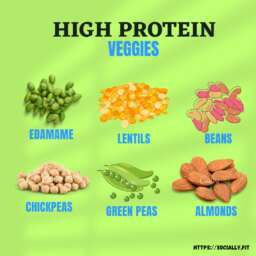
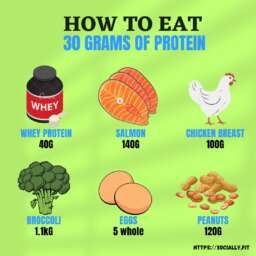

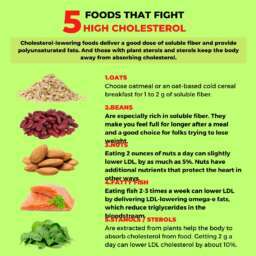
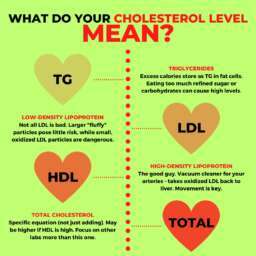


One thought on “Does Weight Loss Help with Glaucoma?”